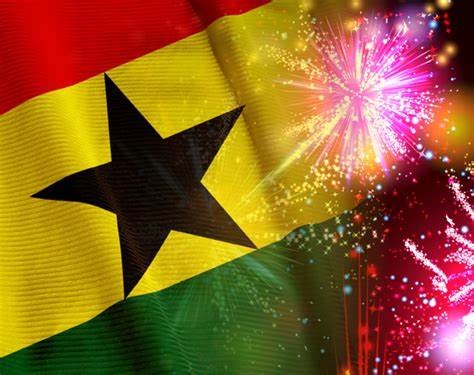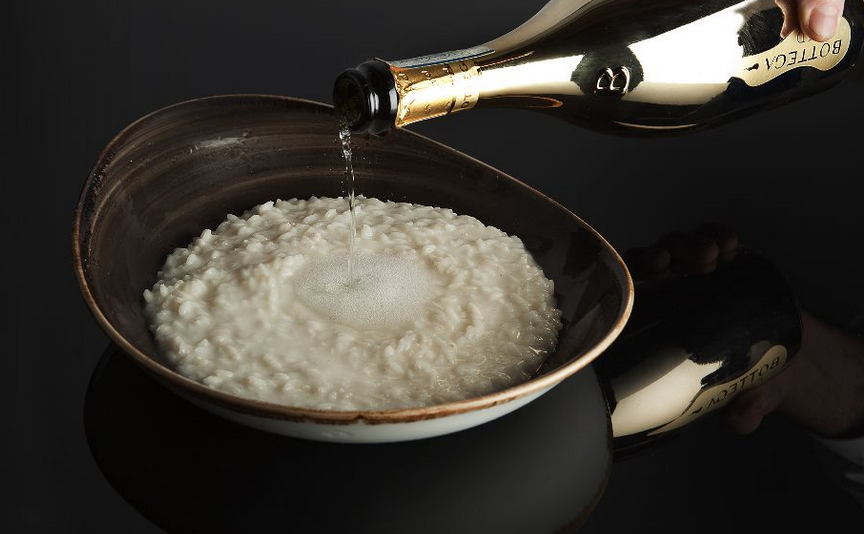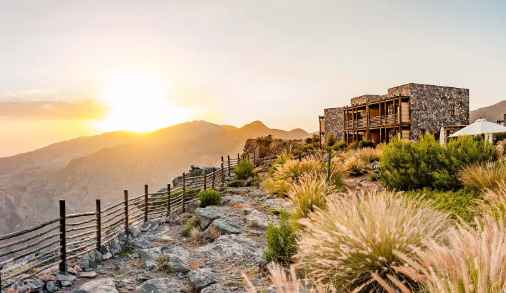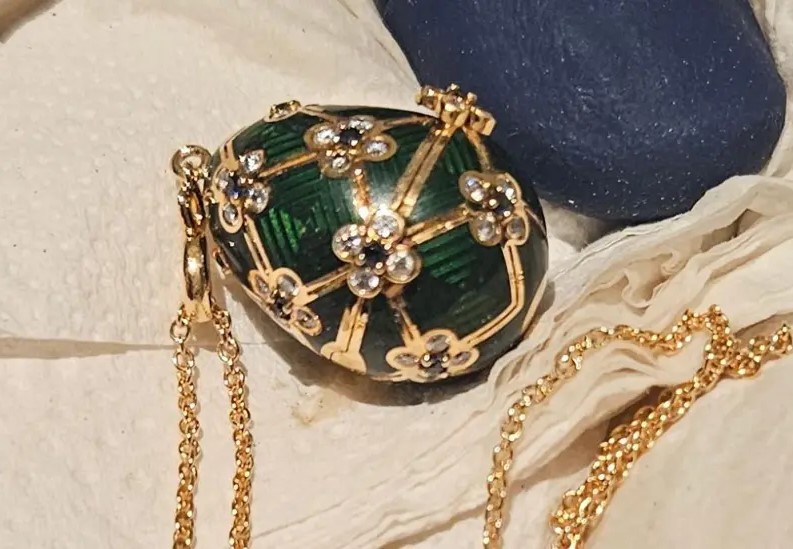Celebrations are continuing around the world to mark the 65th anniversary of Ghana’s Independence Day as Ghanaians in Africa and around the world highlighted the declaration of Independence from Britain by the president at that time, Osagyefo Dr Kwame Nkrumah, on March 6 1957.
Ghana was the first country in sub-Saharan Africa to gain independence from colonial rule. The country’s independence served as a precedent for many African countries to break free from the clutches of colonial rule. On the date of Independence, Ghanaians would typically reminisce about their history, the sacrifices made by Dr Nkrumah, and all those who fought for the country’s freedom and independence from the British.
The annual Independence Day celebration is invariably marked by a range of festivities across Ghana, which includes a national parade of schoolchildren, the civil service, security personnel and workers from various sectors of the Ghanaian economy with the highlight being the delivery of a speech of solidarity by the President of the Republic, Nana Addo Dankwa Akufo-Addo.
Former the Gold Coast, Ghana’s Independence achievements is chalked thus far by the country would not have been possible if not for the efforts of the founding fathers of the United Gold Coast Convention (UGCC), popularly known as the “Big Six.” In August 1947, Kwame Nkrumah, Ebenezer Ako-Adjei, Edward Akufo-Addo, Joseph Boakye Danquah, Emmanuel Obetsebi-Lamptey and William Ofori-Atta laid the foundation for the Gold Coast’s struggle for Independence.
Osagyefo Dr Kwame Nkrumah was the first Prime Minister of Ghana. In his speech to Ghanaians on Independence Day, he said: “At long last, the battle has ended! And thus, Ghana, your beloved country is free forever!”
He did not end there but further noted that “Our independence is meaningless unless it is linked up with the total liberation of Africa.”
Ghana is represented globally by its Red, Gold, Green and Black Star flag. It was designed by the late Theodosia Salome Okoh. The Red – symbolises the blood of the forefathers who led the fight into independence. Gold stands for the country’s minerals while the colour Green signifies Ghana’s natural wealth in terms of vegetation cover.
The five-pointed Black Star at the centre shows the Hope for Africa to attain liberation. Previously, Gold Coast had been using the blue ensign of the British colony as its flag. The country has developed into an established business destination for investors seeking a conducive business environment, committed and progressive government-private sector participation, political stability, transparent regulations, and a dynamic private sector ready for partnerships.
Happy 65th Anniversary Ghana!











